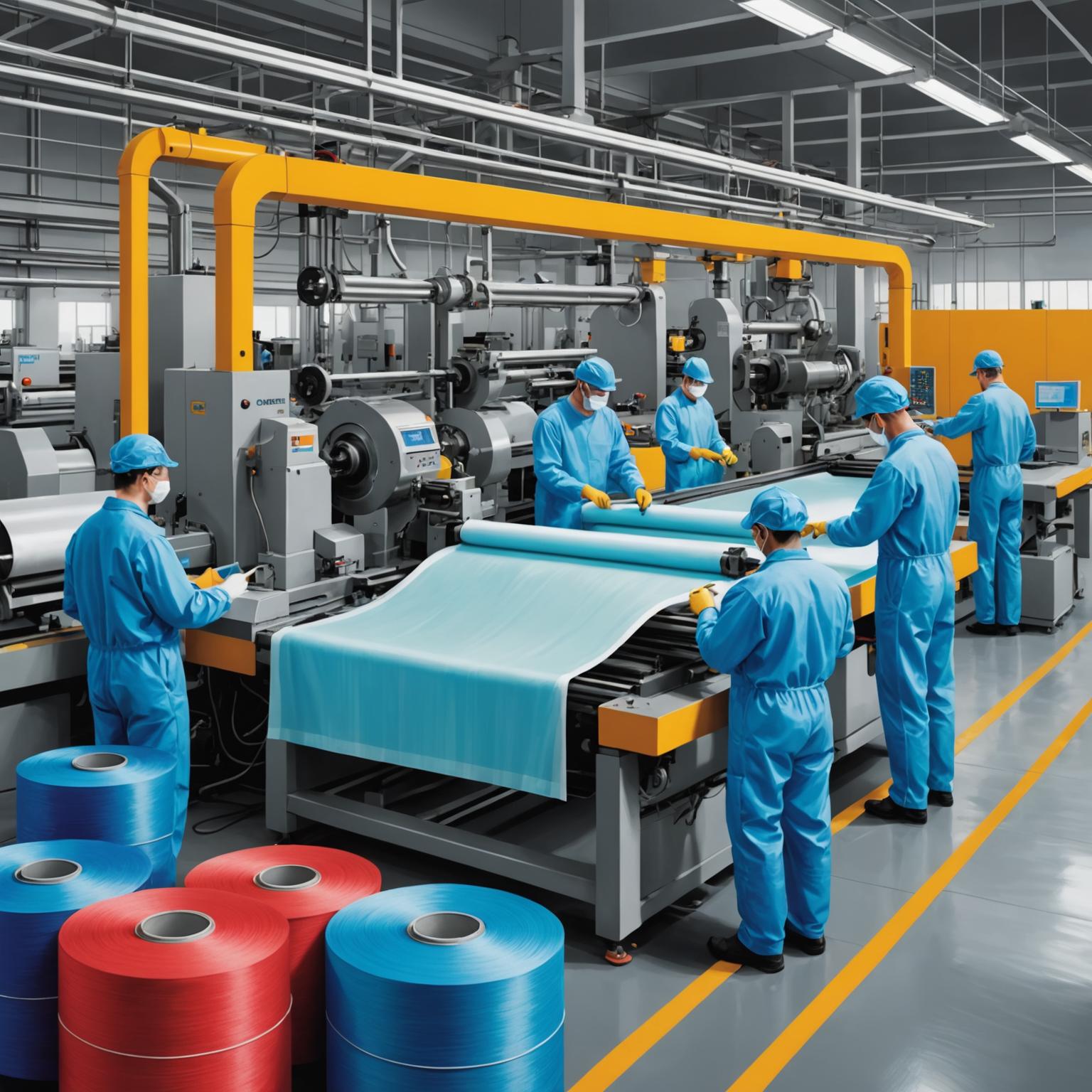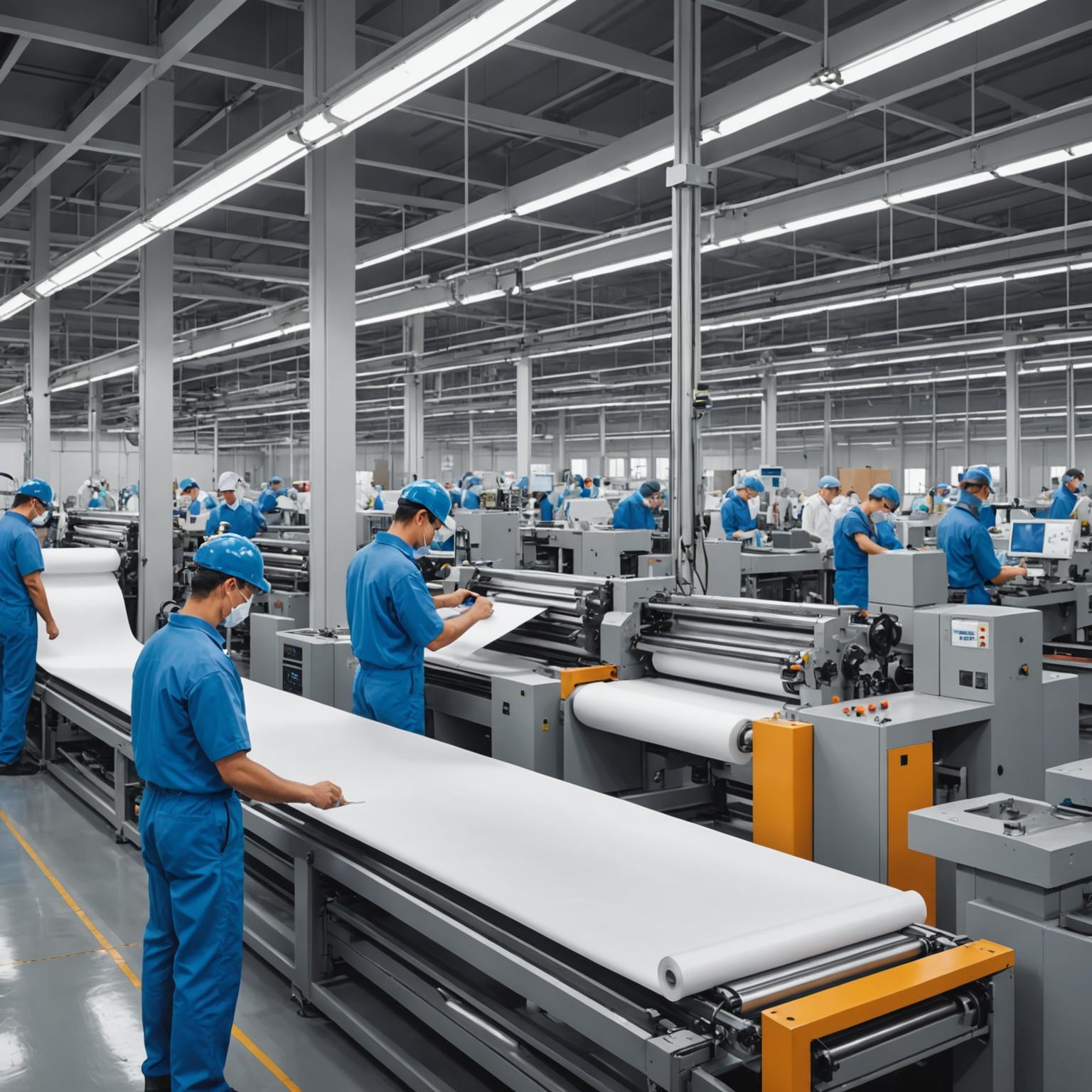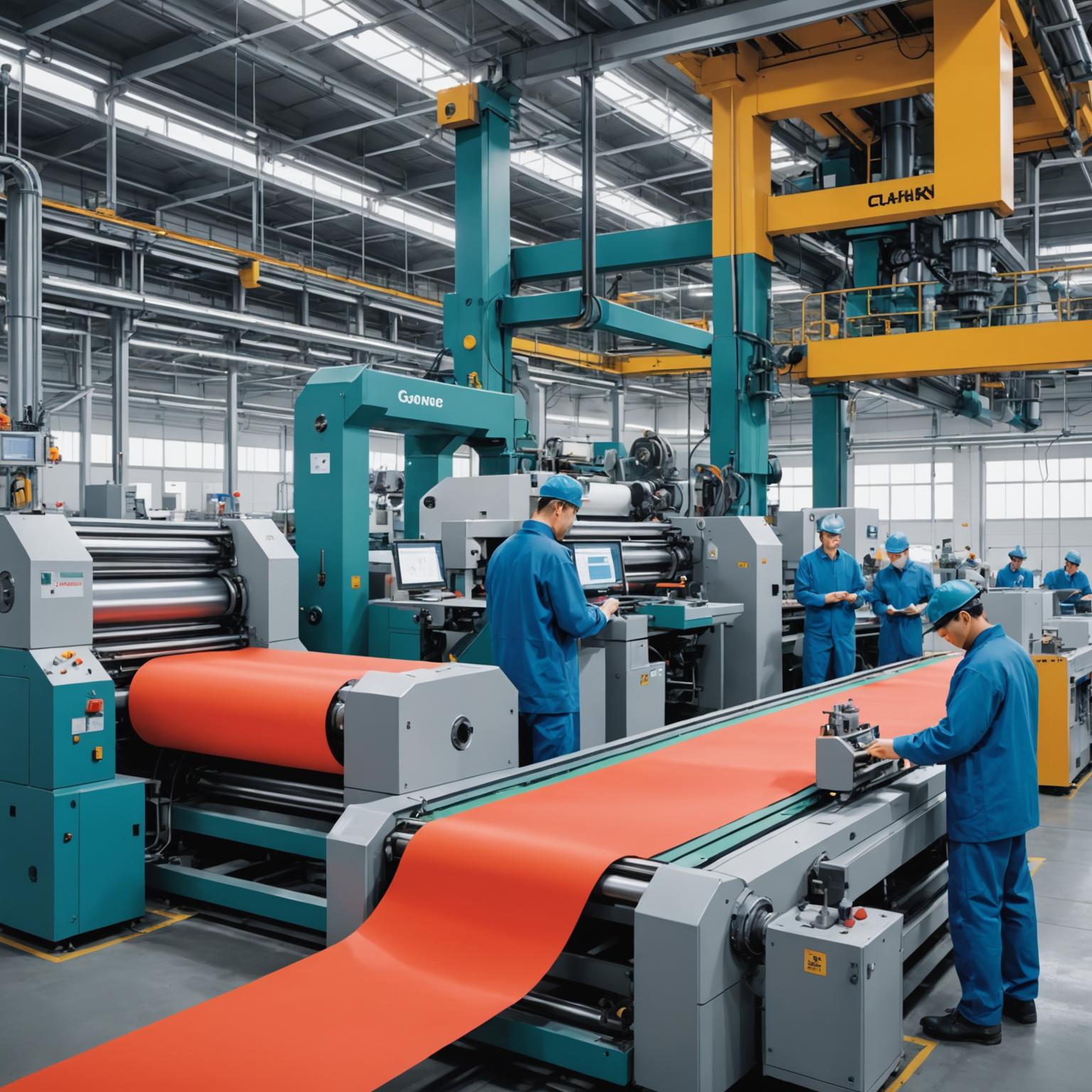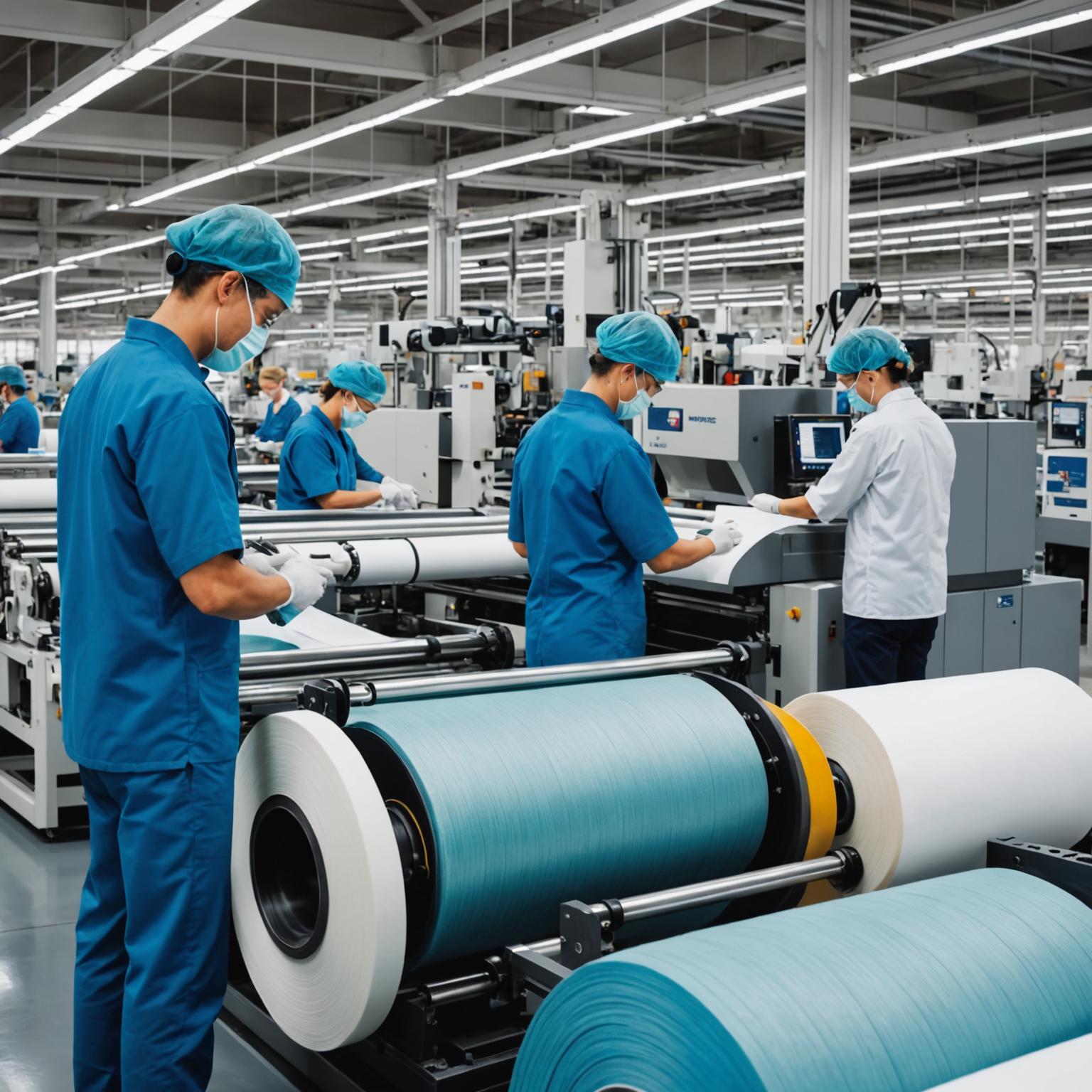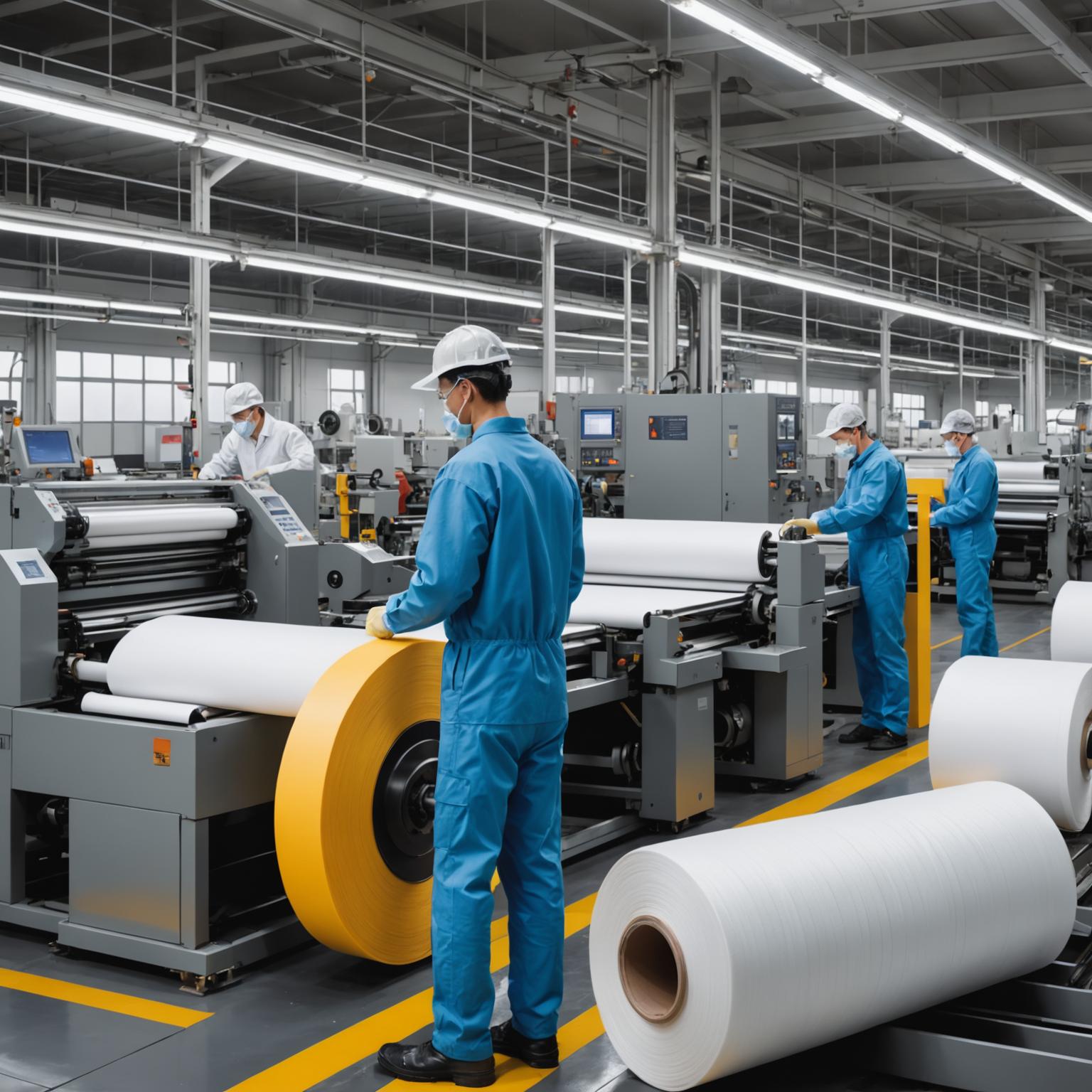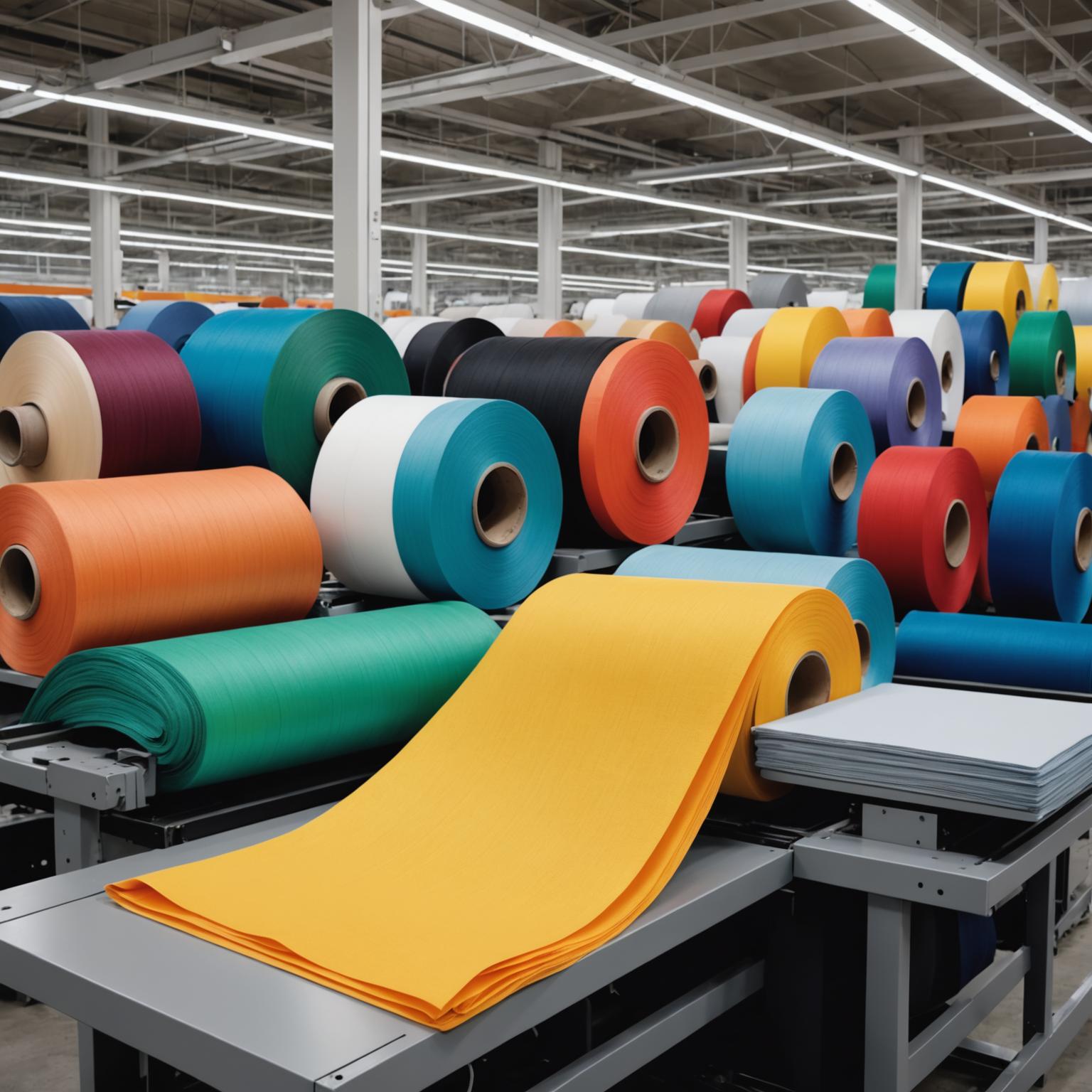The Versatility of a Revolutionary Material
The invention of nylon fiber marked a significant turning point in the textile and materials industry, offering a synthetic alternative with unparalleled strength and versatility. This polymer has since become a fundamental component in countless products, from everyday apparel to highly specialized industrial components. Its unique properties make it an ideal candidate for creating advanced materials, including innovative non-woven fabrics that serve a wide array of functions, demonstrating its enduring impact on modern manufacturing and technology. The journey from a simple polymer to a high-performance fabric is a testament to clever engineering and material science.
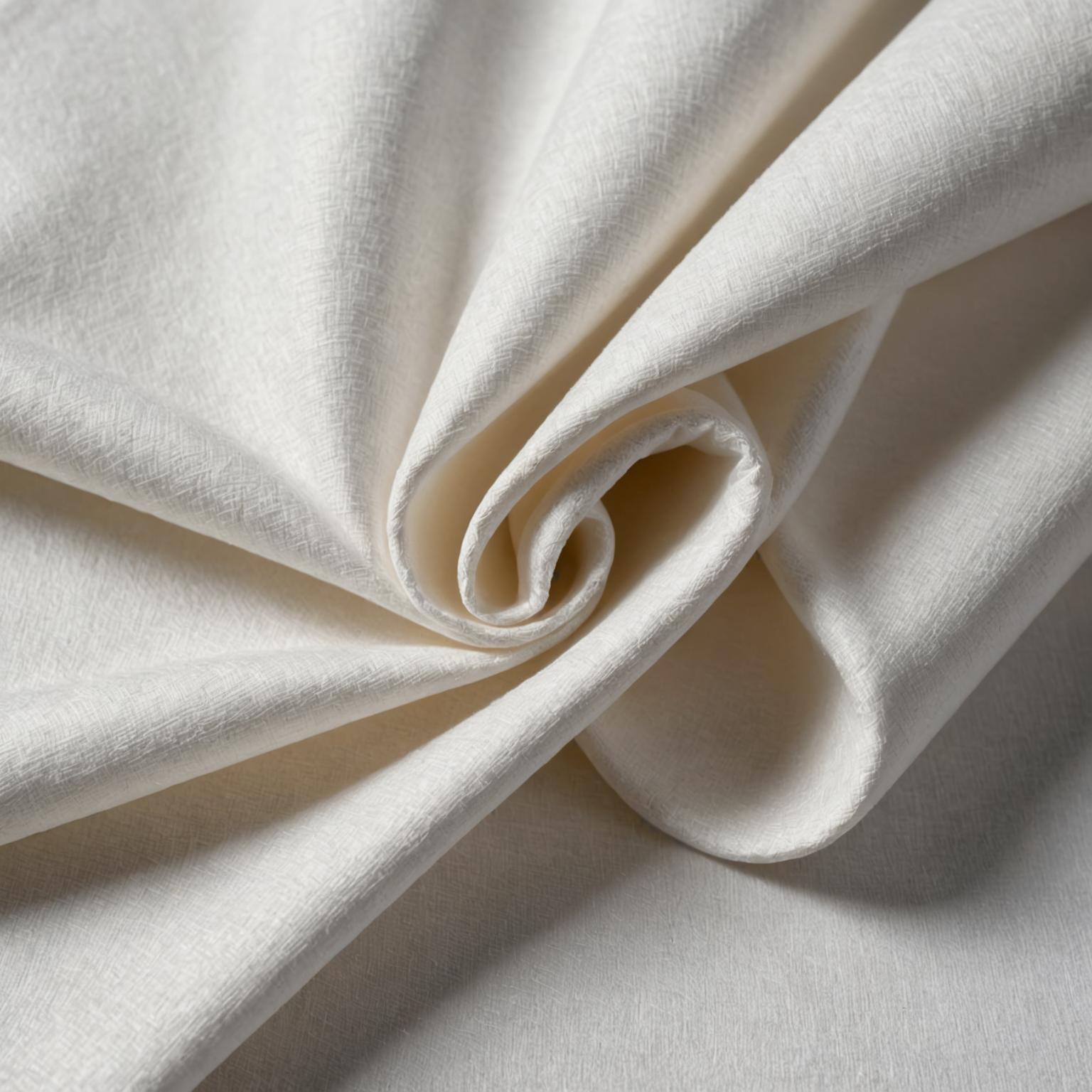
From Fiber to Fabric: The Manufacturing Process
The creation of nylon-based materials involves sophisticated techniques, particularly in the realm of non-woven fabric manufacturing. Unlike traditional textiles that are woven or knitted, a nylon non-woven fabric is engineered by bonding or interlocking individual nylon fibers together. This process can be achieved through various methods, including thermal bonding, where heat is used to melt and fuse the fibers; chemical bonding, which uses adhesives; or mechanical bonding, such as needle-punching. The result is a sheet-like synthetic non-woven fabric that is not only cost-effective to produce but also highly customizable in terms of weight, thickness, and porosity, making it suitable for specific and demanding uses.
Engineered for Excellence: Durable Non-Woven Materials
One of the most celebrated attributes of nylon is its exceptional durability. When this inherent strength is channeled into a non-woven format, it creates some of the most durable non-woven materials on the market. This fabric boasts high tensile strength, excellent abrasion resistance, and remarkable resilience, allowing it to withstand significant stress and wear without tearing or degrading. Furthermore, nylon is naturally resistant to many chemicals, insects, and mildew, enhancing its longevity even in harsh environments. This robustness makes it a preferred choice for applications where reliability and long-term performance are non-negotiable.
A World of Uses: Diverse Nylon Fabric Applications
The unique combination of durability, light weight, and customizable properties has led to a vast range of nylon fabric applications across numerous sectors. In the automotive industry, nylon non-wovens are used for trunk liners, carpets, and insulation due to their resilience and sound-dampening qualities. The medical field relies on them for sterile packaging, surgical gowns, and advanced wound dressings. Moreover, their excellent filtration capabilities make them essential components in air and liquid filtration systems. From geotextiles that stabilize soil in construction projects to interlinings that provide structure in garments, the uses for this remarkable material continue to expand.
The Role of Specialized Non-Woven Fabric Suppliers
As the demand for high-performance materials grows, the role of specialized non-woven fabric suppliers becomes increasingly critical. These suppliers are the essential link between the complex manufacturing process and the end-user, ensuring a consistent and reliable supply of quality materials. Sourcing from a reputable supplier guarantees that the nylon non-woven fabric meets precise specifications for weight, strength, and performance. For businesses across industries, partnering with knowledgeable suppliers is key to innovation and producing superior products that leverage the full benefits of this advanced synthetic non-woven fabric.



